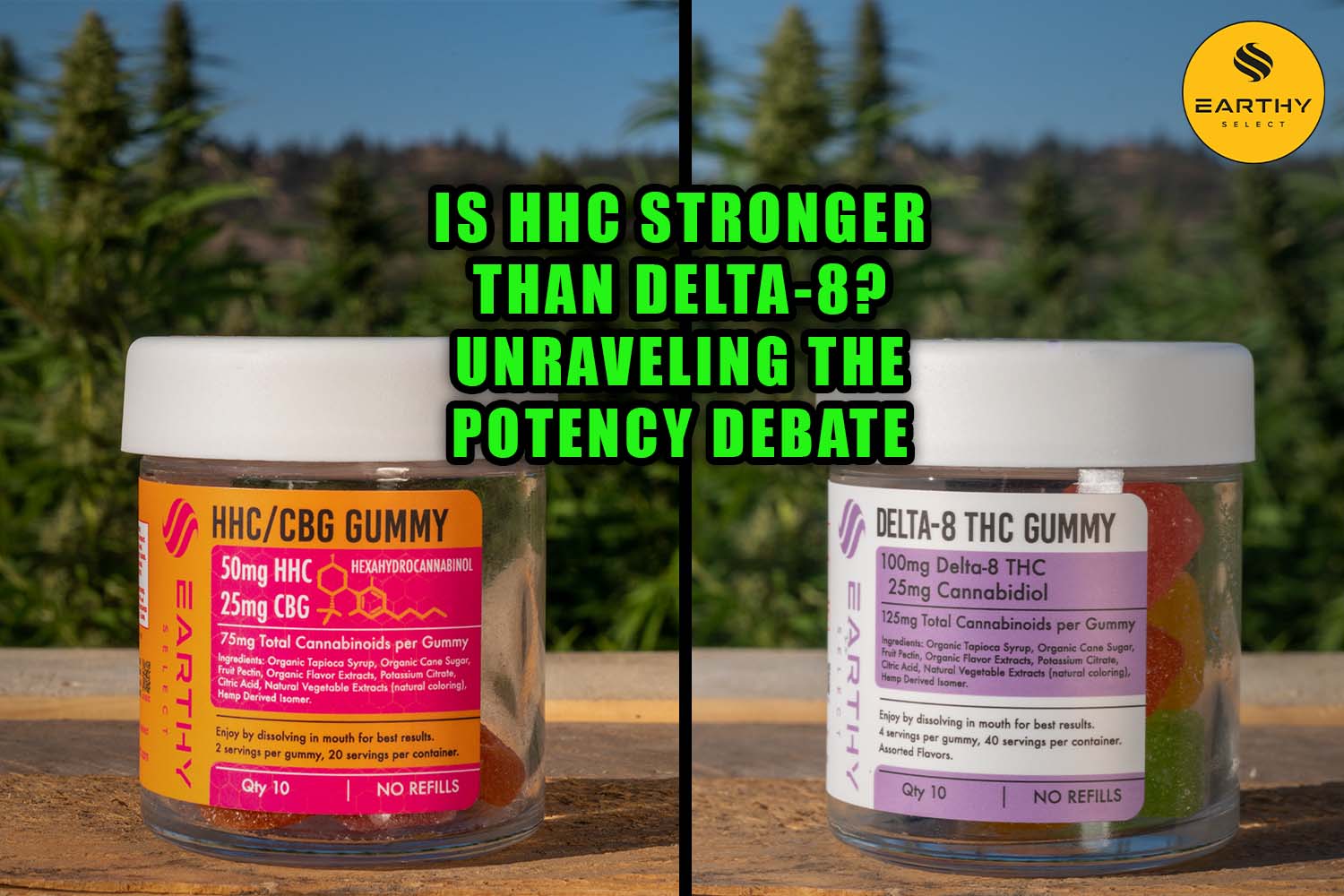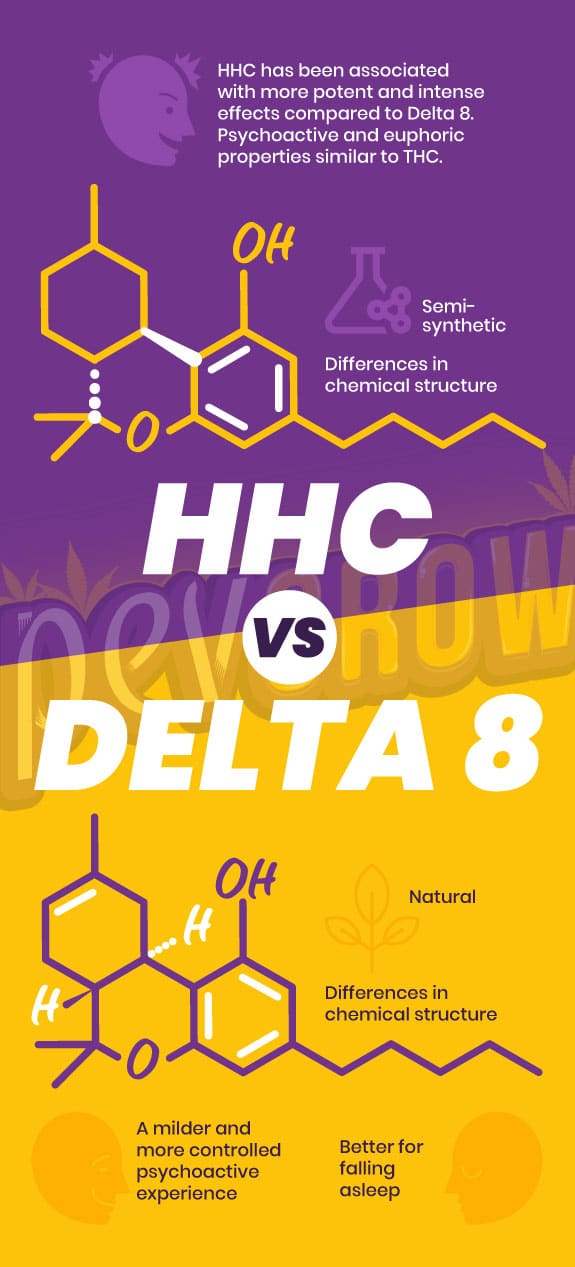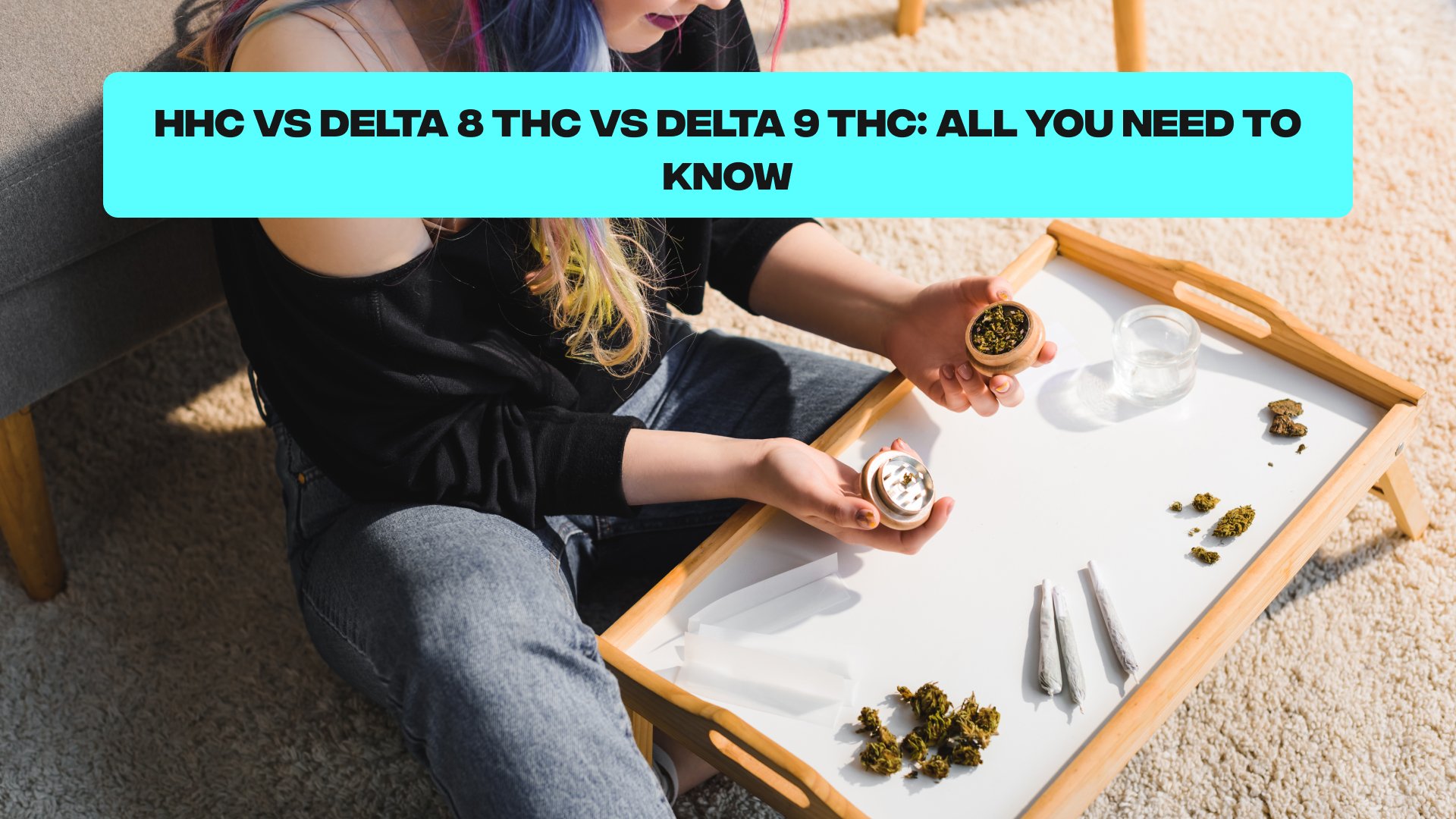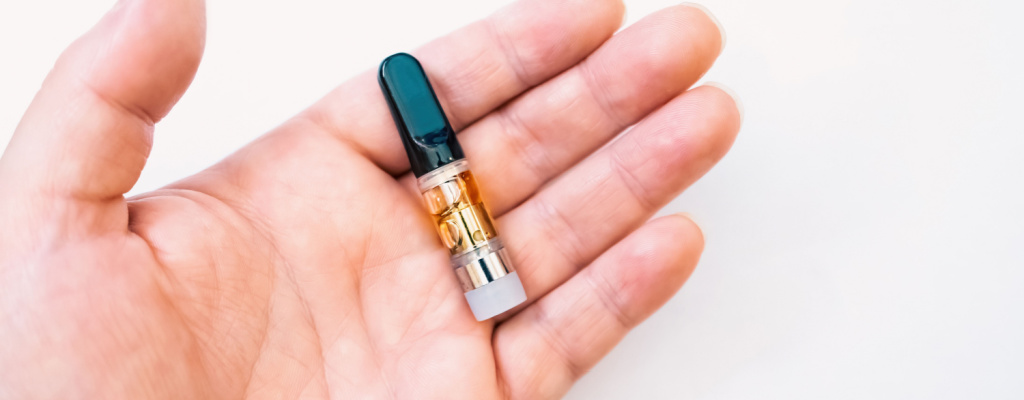Is Hhc Stronger Than Delta 8

Consumers are flooding the market with questions: Is HHC stronger than Delta-8? Conflicting reports and anecdotal evidence are fueling confusion about the potency and effects of these increasingly popular cannabinoids.
The rapid rise of HHC (hexahydrocannabinol) and Delta-8 THC as alternatives to Delta-9 THC has created a legal grey area and a need for clear information. Understanding their relative strengths is crucial for safe and informed consumption.
HHC vs. Delta-8: The Potency Showdown
Determining which is stronger isn't straightforward. Potency varies based on product formulation, individual tolerance, and method of consumption.
Generally, HHC is considered to be roughly 70-80% as potent as Delta-9 THC. Delta-8, on the other hand, is estimated to be around 50-60% as potent as Delta-9.
However, this doesn’t tell the whole story. The effects of cannabinoids are subjective.
Factors Influencing Perceived Strength
Product Concentration: The amount of HHC or Delta-8 in a product is the primary determinant of its effects.
Individual Tolerance: Experienced cannabis users may require higher doses to achieve the same effects as novices.
Metabolism: Body chemistry affects how cannabinoids are processed, influencing their duration and intensity.
The "Entourage Effect": Other cannabinoids and terpenes present in a product can modify the overall experience.
What the Experts Say
Dr. Ethan Russo, a renowned cannabinoid researcher, emphasizes the importance of understanding individual reactions. "Cannabinoid effects are highly variable, and what one person finds strong, another might not," he stated in a recent interview.
Industry analysts at Brightfield Group, a cannabis market research firm, report a surge in HHC product sales. They attribute this growth to its perceived potency and legal status in some regions where Delta-9 is restricted.
However, caution is advised. There is a lack of extensive research on the long-term effects of both HHC and Delta-8.
Anecdotal Evidence: User Experiences
Online forums and social media platforms are filled with anecdotal accounts. Some users report that HHC provides a more energizing and clear-headed high compared to Delta-8.
Others find Delta-8 to be more relaxing and better suited for evening use. Many variables can affect how people feel.
These experiences are subjective and should not be considered definitive evidence of potency.
Legal Landscape and Safety Concerns
The legal status of HHC and Delta-8 remains uncertain. Both are often derived from hemp, making them technically legal under the 2018 Farm Bill in some states.
However, several states have moved to restrict or ban these cannabinoids. Consumers should check local laws.
Concerns about product safety persist. Lack of regulation can lead to inconsistent product quality and inaccurate labeling.
In March 2024, the FDA issued a warning about unregulated cannabis products, citing reports of adverse events linked to Delta-8. They also expressed concerns about products claiming to be HHC, with no explicit mention if it was tested by them.
The Bottom Line: Proceed with Caution
While HHC may be slightly more potent than Delta-8 on average, the individual experience is key. Start with low doses and be aware of potential risks.
Purchase products from reputable sources that provide third-party lab testing for purity and potency.
Consult with a healthcare professional before using HHC or Delta-8, especially if you have any underlying health conditions or are taking medications.
What's Next?
Regulatory bodies are actively evaluating the legal status and safety of HHC and Delta-8. More comprehensive research is needed to fully understand their effects.
Consumers should stay informed about the latest developments and exercise caution when using these cannabinoids.
The ongoing debate will likely continue, impacting the availability and consumer choices of cannabinoids like HHC and Delta 8.


















